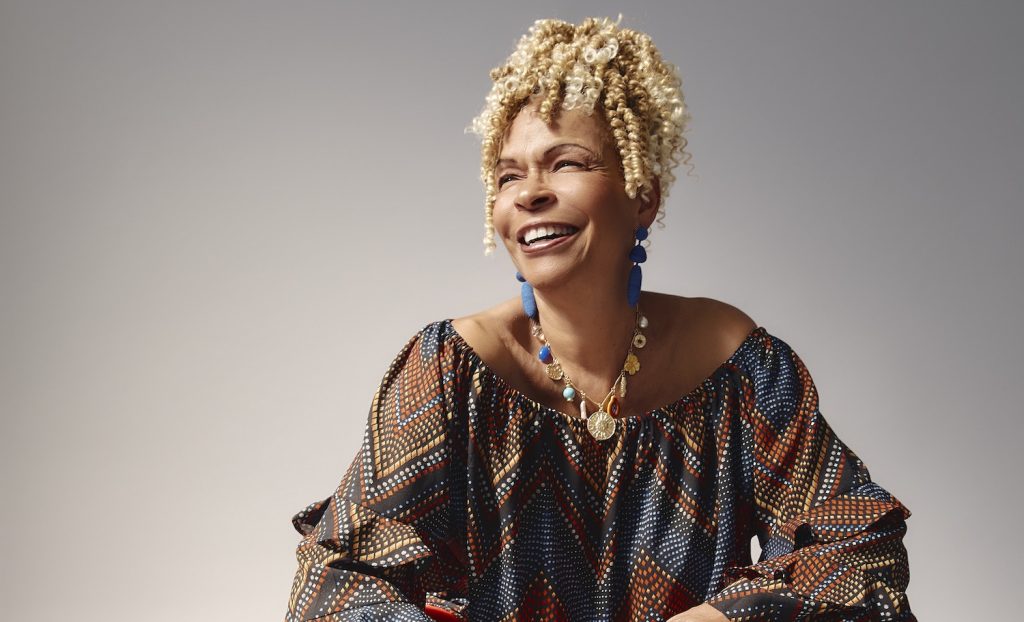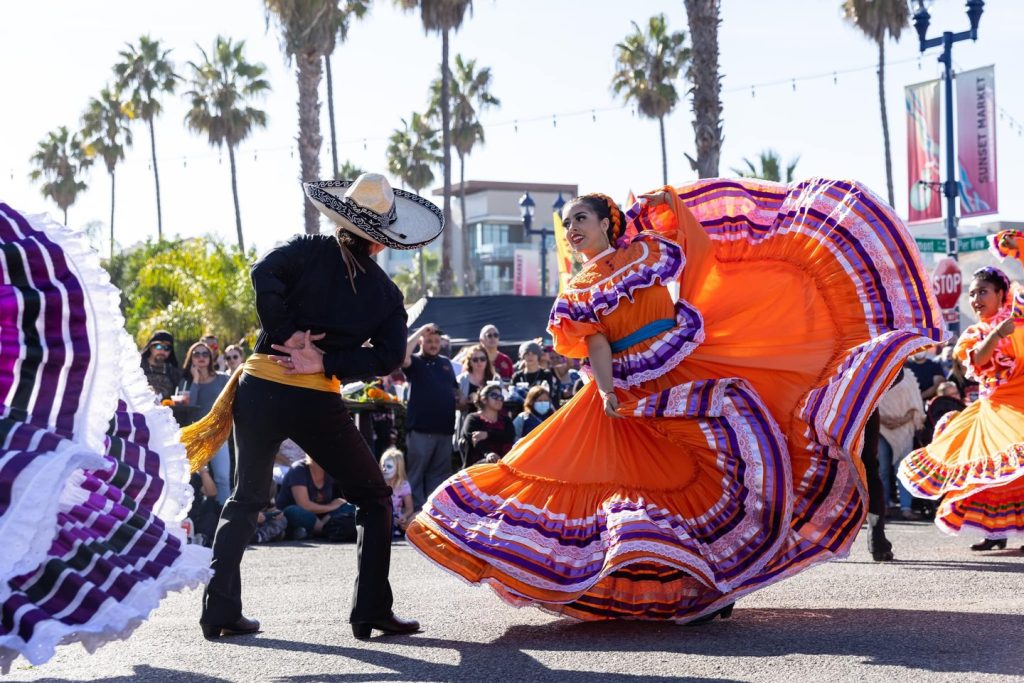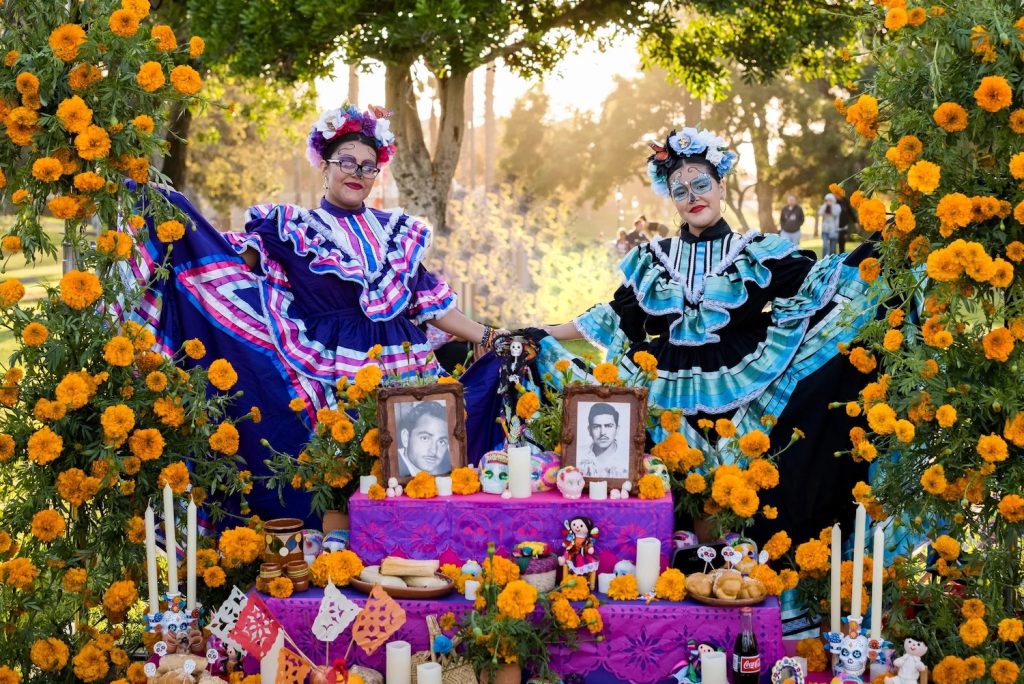In the early 1950s, a doctor at Johns Hopkins Hospital sampled cells from Henrietta Lacks, a young Black woman dying of cervical cancer. Those samples became the basis for the polio vaccine, in vitro fertilization, gene mapping, and other breakthroughs in biomedical research—but the cells were taken without Lacks’ knowledge and consent. Decades later, her case is an example of why diversity amid research participants can benefit medical discovery and why mistrust marks the relationship between communities of color and researchers.
Historically, white men have been the dominant group included in research—which meant medications coming into the market could be ineffective or even harmful for other groups. There is not comprehensive data on the diversity of today’s research participants, but a 2022 study found in trials that gathered racial data—less than half of which do—the vast majority of enrollees were still white, even in research on diseases which disproportionately affect certain groups.
A review by FCB Health New York of federally registered clinical trials from 2000 to 2020 found that zero percent of diabetes clinical trial patients were Native American, yet the disease hits Native communities the hardest. Similarly, Black patients die of heart disease at a higher rate than any other race, but they make up just three percent of clinical trial enrollees for the illness.
In early 2023, San Diego transplant Dr. Renarda Jones founded Diverse Research Now to educate marginalized communities about the benefits of participating in clinical trials and help scientists develop lasting community relationships. The organization’s various programs help participants find clinical trials that suit their needs, help patients understand how trials work, and provide “study buddies” that advocate for participants at trial visits.
“In order for us to have a drug that’s going to work for everyone, we have to test it on everyone,” Jones says.












